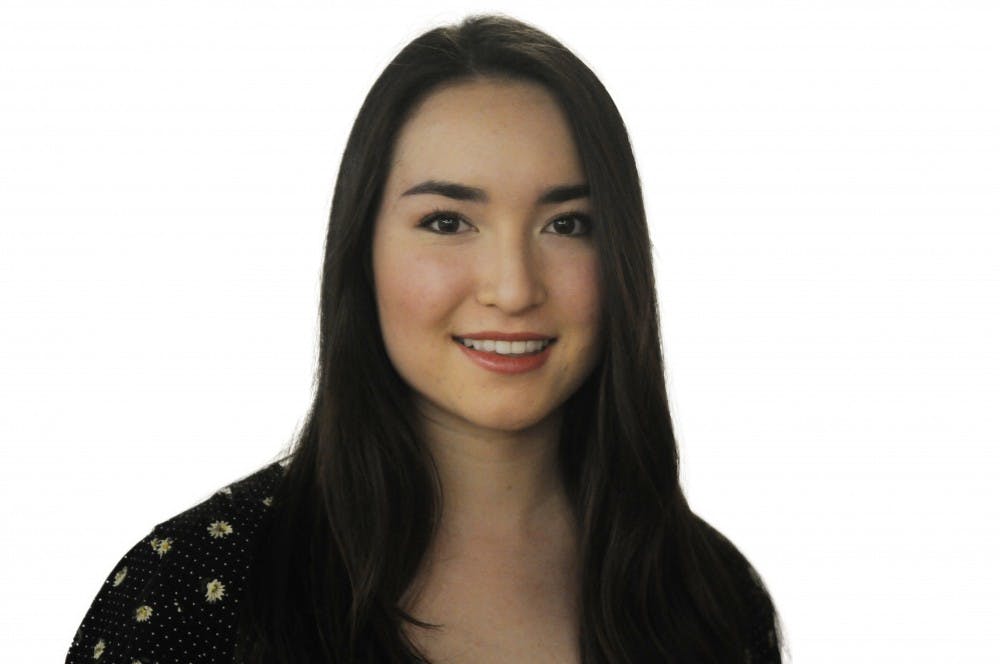I f you’re like me, you’ve heard your not-poor friends use the phrase “I’m poor ” a lot. I’m guilty of it too. I’ve explained to my friends that I have to take SEPTA rather than a cab because I’m “poor” or that I can’t go to a concert because it’s $45 and “I’m poor.” Somehow, the glib use of this phrase has slipped into the Penn vernacular, and it’s a bad habit that we all need to stop.
The truth is, as a population, Penn students are not poor at all. A glance at our financial aid statistics shows that 55 percent of students at Penn come from families who are deemed capable of paying sticker price for this university, about $60,000 per year. This majority of Penn families earns over $175,000 a year, putting them somewhere in the top 5 percent of earners in the United States.
For comparison, the median household income in Penn’s ZIP code is about $22,000 a year. Most West Philadelphians would merit full financial aid at Penn (awarded to most students whose families earn an annual income of less than $40,000). According to Penn stats, the Class of 2015 has 165 students who have been awarded full financial aid. This means only one percent of the class falls within the economic range of our West Philadelphia neighbors.
So why do we think we’re poor when we’re not? The archetype of the poor college student remains influential, and it’s one we should be embarrassed to maintain. College students are, on the whole, the group least likely to experience — or to have experienced — real poverty in their lifetimes.
In general, we are much more likely to be rich people temporarily occupying the slightly-less-comfortable space between being the total financial responsibility of our parents and being recipients of our own personal salaries.
The state of being a college student might better be described as the poorest a person who has never been poor will ever feel. But that’s not quite as catchy a phrase as “poor college student.”
Though this habit of hyperbolizing our own lack of cash may seem innocent enough, it runs the very serious risk of enabling the delusion that we are living at the bottom of the economic ladder. It entertains the idea that college is somehow the floor in terms of poverty and hardship.
Last summer I worked at an organization called LIFT in Philadelphia, and every day I spoke to people struggling to pay their rent or to find a second minimum-wage job just to make ends meet.
Firstly, calling ourselves poor as Penn students is distasteful because it’s insulting to the struggle of real people who live just a few blocks away in West Philadelphia, a poor neighborhood in a city with a huge poverty problem.
Secondly, it’s insidious because many of us will go on to take up influential positions in the world, and it is not only important for our clarity of thinking to be able to distinguish temporary discomfort from poverty, but it is also morally imperative that we see this distinction so that we can work to improve the real problem of poverty in America.
This is not to say that every college student, even every Penn student, has never tasted economic hardship. A small percentage of Penn students really do struggle financially, and that’s all the more reason for us to start taking the word “poor” a little more seriously.
To start with, I think we need to clarify a few things. Poor is not taking SEPTA. Poor is not going to Chipotle because Sweetgreen charges $12 for a salad. Poor is not having to use your parent’s credit card when your debit card overdraws. And going to an institution where 55 percent of the students pay $60,000 a year for a bachelor’s degree is certainly not an experience of poverty. So let’s all stop calling ourselves poor, because there’s a difference between “poor” and “college student,” and it’s an important one to recognize.
Sophia Wushanley is a College senior from Millersville, Pa., studying philosophy. Her email address is wsophia@sas.upenn.edu. “Another Look” appears every Tuesday.
The Daily Pennsylvanian is an independent, student-run newspaper. Please consider making a donation to support the coverage that shapes the University. Your generosity ensures a future of strong journalism at Penn.
DonatePlease note All comments are eligible for publication in The Daily Pennsylvanian.









